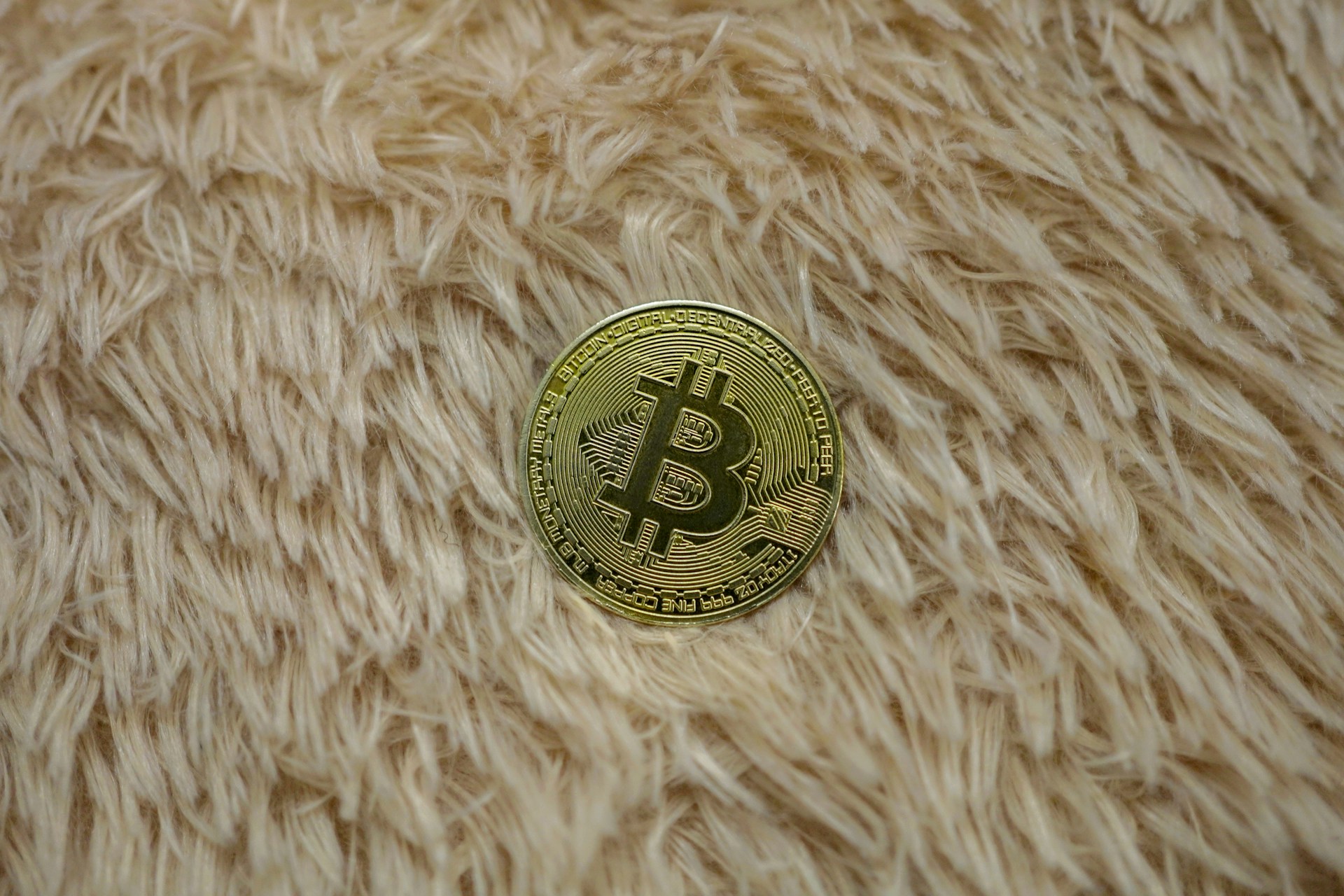Bitcoin, often referred to as the first cryptocurrency, was introduced in 2009 by an anonymous entity known as Satoshi Nakamoto. It operates on a decentralized network utilizing blockchain technology, which is a distributed ledger that records all transactions across a network of computers. This innovative approach eliminates the need for a central authority, such as a bank or government, to oversee or validate transactions.
Instead, Bitcoin relies on a consensus mechanism called proof of work, where miners solve complex mathematical problems to validate transactions and add them to the blockchain. This process not only secures the network but also introduces new bitcoins into circulation. The appeal of Bitcoin lies in its potential for financial independence and privacy.
Transactions made with Bitcoin can be conducted pseudonymously, meaning that while the transaction details are publicly available on the blockchain, the identities of the parties involved are not directly tied to their Bitcoin addresses. This feature has attracted individuals seeking to maintain their privacy in financial dealings. Furthermore, Bitcoin is often viewed as a hedge against inflation and economic instability, as its supply is capped at 21 million coins, making it immune to the inflationary pressures that can affect fiat currencies.
Want to get started with crypto? First, you need to know how to buy bitcoin. Bitcoin is the gateway to the crypto world, and MEXC is one of the top platforms to buy it. With a secure and fast system, you can invest with confidence in just a few steps.
How to Buy Bitcoin
Acquiring Bitcoin has become increasingly accessible over the years, with various methods available to suit different preferences and levels of expertise. One of the most common ways to purchase Bitcoin is through cryptocurrency exchanges. These platforms allow users to create accounts, deposit funds, and trade fiat currency for Bitcoin.
Popular exchanges such as Coinbase, Binance, and Kraken offer user-friendly interfaces that cater to beginners while also providing advanced trading options for experienced users. To buy Bitcoin on an exchange, one typically needs to complete a registration process that includes identity verification to comply with regulatory requirements. Another method for purchasing Bitcoin is through peer-to-peer (P2P) platforms like LocalBitcoins or Paxful.
These platforms connect buyers and sellers directly, allowing for transactions without the need for an intermediary. Users can negotiate prices and payment methods, which can include bank transfers, PayPal, or even cash transactions. P2P platforms often provide an escrow service to ensure that both parties fulfill their obligations before the transaction is completed.
This method can be particularly appealing for those who prefer more privacy or wish to avoid the fees associated with traditional exchanges.
Choosing a Bitcoin Wallet
Once you have acquired Bitcoin, it is crucial to store it securely in a wallet. A Bitcoin wallet is a software application or hardware device that allows users to manage their cryptocurrency holdings. There are several types of wallets available, each with its own advantages and disadvantages.
Software wallets can be further categorized into hot wallets and cold wallets. Hot wallets are connected to the internet and are convenient for frequent transactions, while cold wallets are offline storage solutions that provide enhanced security against hacking attempts. Hardware wallets, such as Ledger and Trezor, are considered one of the safest options for storing Bitcoin.
These devices store your private keys offline, making them less susceptible to online threats. On the other hand, software wallets like Exodus or Electrum offer user-friendly interfaces and easy access to your funds but may expose you to greater risks if your device is compromised. When choosing a wallet, it is essential to consider factors such as security features, ease of use, and whether you plan to use your Bitcoin for regular transactions or long-term holding.
Understanding Bitcoin Exchanges
Bitcoin exchanges serve as crucial intermediaries in the cryptocurrency ecosystem, facilitating the buying and selling of Bitcoin and other digital assets. These platforms can be classified into centralized exchanges (CEX) and decentralized exchanges (DEX). Centralized exchanges are operated by companies that manage user accounts and facilitate trades through an order book system.
They typically offer high liquidity and a wide range of trading pairs but require users to trust the exchange with their funds and personal information. In contrast, decentralized exchanges operate without a central authority, allowing users to trade directly with one another through smart contracts on the blockchain. DEXs like Uniswap and SushiSwap have gained popularity due to their emphasis on privacy and control over funds.
However, they may have lower liquidity and can be more complex for beginners to navigate. Understanding the differences between these types of exchanges is essential for making informed decisions about where to buy or trade Bitcoin.
Security Tips for Buying Bitcoin
When engaging in the purchase of Bitcoin, security should be a top priority due to the potential risks associated with online transactions. One fundamental security measure is enabling two-factor authentication (2FA) on your exchange account and wallet. This additional layer of security requires users to provide a second form of verification, such as a code sent to their mobile device, making it significantly harder for unauthorized individuals to access your account.
Another critical aspect of securing your Bitcoin holdings is being vigilant against phishing attacks. Scammers often create fake websites or send fraudulent emails that mimic legitimate exchanges or wallet providers in an attempt to steal login credentials or private keys. Always double-check URLs and ensure you are using official websites before entering any sensitive information.
Additionally, consider using a hardware wallet for long-term storage of your Bitcoin, as this provides an extra layer of protection against online threats.
Common Mistakes to Avoid when Buying Bitcoin
Navigating the world of Bitcoin can be daunting for newcomers, and several common pitfalls can lead to costly mistakes. One prevalent error is failing to conduct thorough research before making a purchase. The cryptocurrency market is highly volatile, and prices can fluctuate dramatically within short periods.
It is essential to understand market trends, historical price movements, and potential catalysts that could impact Bitcoin’s value before investing significant amounts of money. Another mistake often made by new investors is neglecting proper security practices. Many individuals underestimate the importance of safeguarding their private keys and recovery phrases.
Losing access to these critical pieces of information can result in permanent loss of funds. It is advisable to store recovery phrases in secure locations and consider using multi-signature wallets for added security when managing larger amounts of Bitcoin. By being aware of these common mistakes and taking proactive measures, investors can enhance their experience in the cryptocurrency space while minimizing risks associated with buying Bitcoin.








